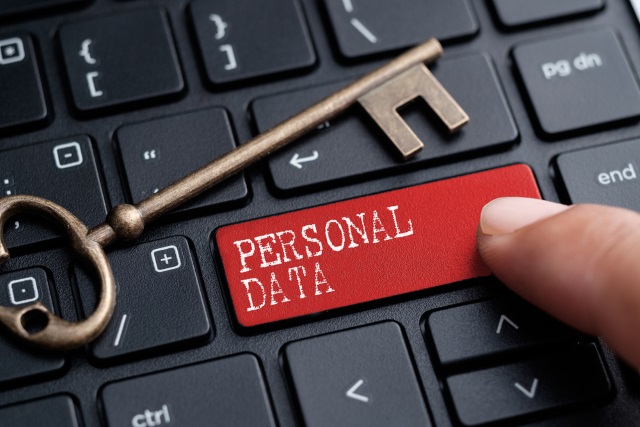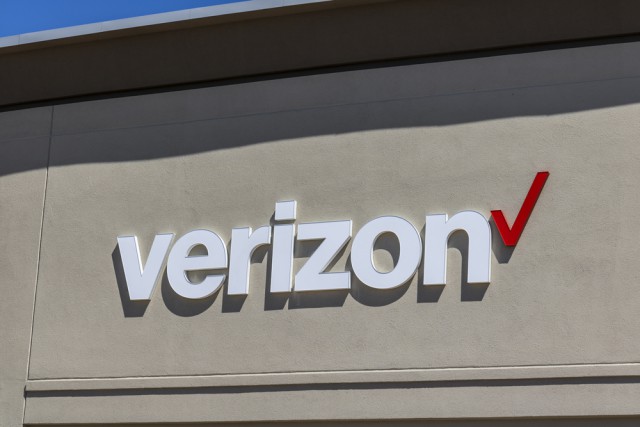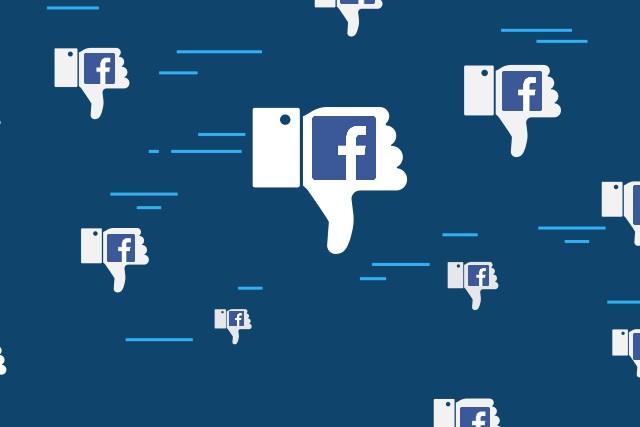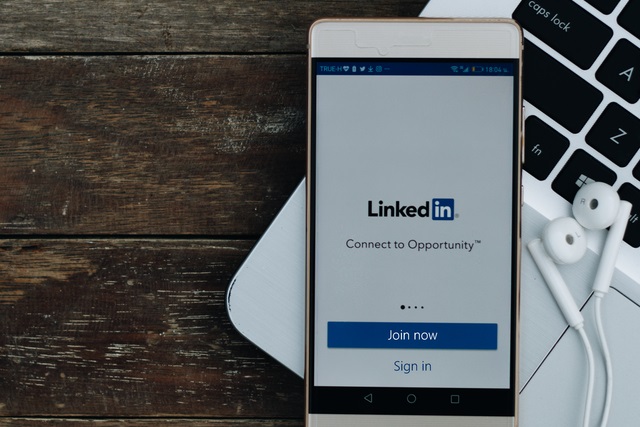
Is open banking a nightmare waiting to happen?
The world of banking is about to be transformed. In January 2018, the second Payment Services Directive (PSD2) will be incorporated into UK law, obliging banks to provide other organizations with access to their customers’ financial information. Known colloquially as the "open banking" directive, the new law is intended to end the monopoly of big banks and to provide consumers with a much wider range of financial services providers to choose from.
There are many technical and cultural difficulties that banks will need to overcome in order to comply with the new directive, but perhaps the most serious challenge is how to implement PSD2 without bringing themselves into conflict with another impending piece of legislation; the European Union General Data Protection Regulation (GDPR).

Disney faces lawsuit for allegedly spying on kids through mobile apps and games
Disney -- who just announced plans to launch its own streaming service and drop Netflix -- is collecting personal information about children and non-consensually sharing it with advertisers, alleges a lawsuit against the company.
The lawsuit, says that Disney and three other companies it worked with (Upsight, Unity, and Kochava) created apps that spy on users -- primarily children -- gathering information which is then shared with advertisers. If this is found to be the case, it is in violation of the Children's Online Privacy Protection Act, and Disney could be hit with hefty fines.

Urgent: Upgrade to Tails 3.1 ASAP! Serious security holes found in the Linux distro
Apple recently removed some VPN clients from the App Store in China at the request of the Chinese Government. Why? That country is largely anti-privacy, and it does not want its citizens bypassing its censorship of the web. If you live in China, the government can decide what you can and can't view online. If you get caught circumventing these controls, the government can harshly punish you. Sad, right? This is why it is imperative that Linux-based privacy-centric open source operating systems such as Tails continue their development -- you never know when it might be needed (including in the USA).
If you aren't familiar with Tails, please know that it is a "Live" Linux distro that focuses on security and privacy. In other words, it can potentially cover your tracks from heavy-handed governments and other entities. Today, Tails achieve a minor point update, making the newest stable version 3.1. While it is hardly monumental from a feature perspective, it is urgent that all users upgrade as some serious vulnerabilities have been patched.

Google launches privacy website ahead of new European data protection rules
New data protection rules are due to come into effect in Europe next year, and Google is highlighting the rights and obligations that are being introduced. The General Data Protection Regulation (GDPR) comes into force in May and Google, like other businesses, will need to comply.
While Google needs to ensure that its own products and services fulfill legal requirements, the company also points out that "customers and partners have significant obligations under these new laws." A new website serves to explain everything that you need to know, including detailing how to control how your data is used and shared.

New independent organization launches to promote data sanitization
With security breaches and theft of sensitive data on the increase, enterprises are searching for ways of keeping their information secure.
One technique that can be used is data sanitization but it's still relatively unknown and often misunderstood within the technology and IT security industry. To try to change this a new independent network, known as the International Data Sanitization Consortium (IDSC), is launching to champion and promote data sanitization best practices.

Microsoft does Windows 10 privacy propaganda well
One of the big complaints people had about Windows 10 when it first launched was how the new operating system spied on its users.
Microsoft has since reigned in this spying and introduced controls to give users greater management over their privacy, and now the software company has issued a lovely piece of spin, with an equally lovely headline -- Your feedback is helping shape Windows privacy -- to convince Windows 10 doubters the problems of the past are rapidly receding.

Privacy: UK government to force social media and tech companies to give users more control over their data
The UK government is set to introduce a new Data Protection Bill which will give people the right to demand companies delete personal data. The bill, due to be introduced this summer, will make it easier for people to find out what information is held about them and how it is being used.
Matt Hancock, the Digital Minister, says that the bill amounts to a widescale "right to be forgotten" and it will give people the opportunity to separate themselves from online posts they made when younger. It will also take steps to increase privacy by making it harder for companies to gain permission for limitless access to personal data.

WikiLeaks: CIA's Dumbo project can hack webcams and corrupt recordings
WikiLeaks has published the latest installment of its cache of CIA documentation known as Vault 7. This time around we learn about Project Dumbo, a hacking tool which allows for the control of webcams and microphones.
Wired, Bluetooth and wireless devices can all be detected by Dumbo. In addition to this, Dumbo gives the CIA the ability to delete or corrupt recordings that have been made. WikiLeaks has published user guides for three versions of Dumbo, the most recent of which is dated June 2015.

LogMeIn buys Nanorep to offer personalized user experiences
LogMeIn has revealed a major new deal which it says will help its services become smarter and more personalized than ever.
The privacy firm has announced that it will acquire the digital self-service, chatbot and virtual assistant company Nanorep to provide more personalized experiences for its customers.

Verizon Up is a rewards program you pay for with your privacy
You don't, as we all know, get something for nothing... but that doesn't stop companies from making it appear as though you do. The latest perpetrator of this crime against common sense is Verizon. The carrier has rolled out a rewards program -- Verizon Up -- which enables subscribers to earn credits for racking up a bill.
For every $300 spent on Verizon Wireless products and services users are paid a credit which can be collected and spent on various rewards (money off handsets, accessory discounts, and so on). But there is a price, and that price is privacy. In return for letting you accrue credits, Verizon scoops up vast swathes of personal data including browsing history, app usage, location, interests, and much more.

NSA illegally spied on Kim Dotcom in New Zealand
Kim Dotcom has been of interest to the US government and law enforcement agencies for some time, and it was ruled that the Mega and Megaupload founder could be extracted to the US. But now it seems that the NSA was spying on the internet entrepreneur after surveillance was supposed to have stopped.
New Zealand's Government Communications Security Bureau (GCSB) had been working with the NSA on a joint surveillance operation called Operation Debut. While surveillance was supposed to have stopped in January 2012, it has emerged that the NSA continued to use GCSB's technology without its knowledge.

UK Home Secretary supports back doors while claiming 'real people' don't need end-to-end encryption
Amber Rudd, the UK Home Secretary, has claimed that "real people often prefer ease of use and a multitude of features to perfect, unbreakable security." Rudd holds the Conservative government's belief that it should be able to access encrypted messages, even when end-to-end encryption is used, such as with WhatsApp.
Using terrorism as a justification for wanting to gain access to encrypted messages, she goes on make extraordinary and misguided claims about what she and the government want. Her bizarre and misinformed rant in the Daily Telegraph is deeply concerning, not only because of the implications her suggestions have on privacy, but also the lack of technical knowledge she demonstrates while making her claims and demands.

Report: Free Basics by Facebook is creepy, limited, and violates net neutrality
It's been a little while since we heard anything about Free Basics by Facebook -- the successor to its Internet.org project which aims to provide access to a number of online services, free of charge, in developing countries (63 in total) -- but a new report slams the service.
On the face of it, this is a good thing, but Free Basics from Facebook has certainly not been without its controversies: the service was banned in India and Egypt, for example. Now a report from Global Voices -- a "global anti-censorship network of bloggers and activists dedicated to protecting freedom of expression online" -- has published a damning report about the service.

LinkedIn Website Demographics lets website owners track the type of visitors coming to their sites
The tracking capabilities of social media sites has long been a cause for concern, with Facebook being the most notable example. Now the Microsoft-owned professional social network LinkedIn has announced details of a new tracking feature that will be of interest to website owners.
LinkedIn Website Demographics does not (despite what some reports might suggest, #PrivacyKlaxon) allow for the tracking of individual users, but it does give website owners the chance to get a better idea of the demographics of their visitors. This is less about creating targeted content, and more about determining whether existing content is attracting the right audience -- although clearly one leads to the other.

Chinese government forces Xinjiang residents to install spyware on their mobiles
China's control of the internet is no secret and the government's latest encroachment into people's lives sees residents of the north-west Xinjiang -- a largely Muslim area -- being forced to install surveillance software on their phones, sparking privacy concerns.
Notifications were sent out recently informing mobile users that they had just 10 days to download and install the Jingwang spyware. Random checks are now being carried out on the street to ensure that citizens have the app installed. Anyone found without the software faces up to 10 days in jail.
